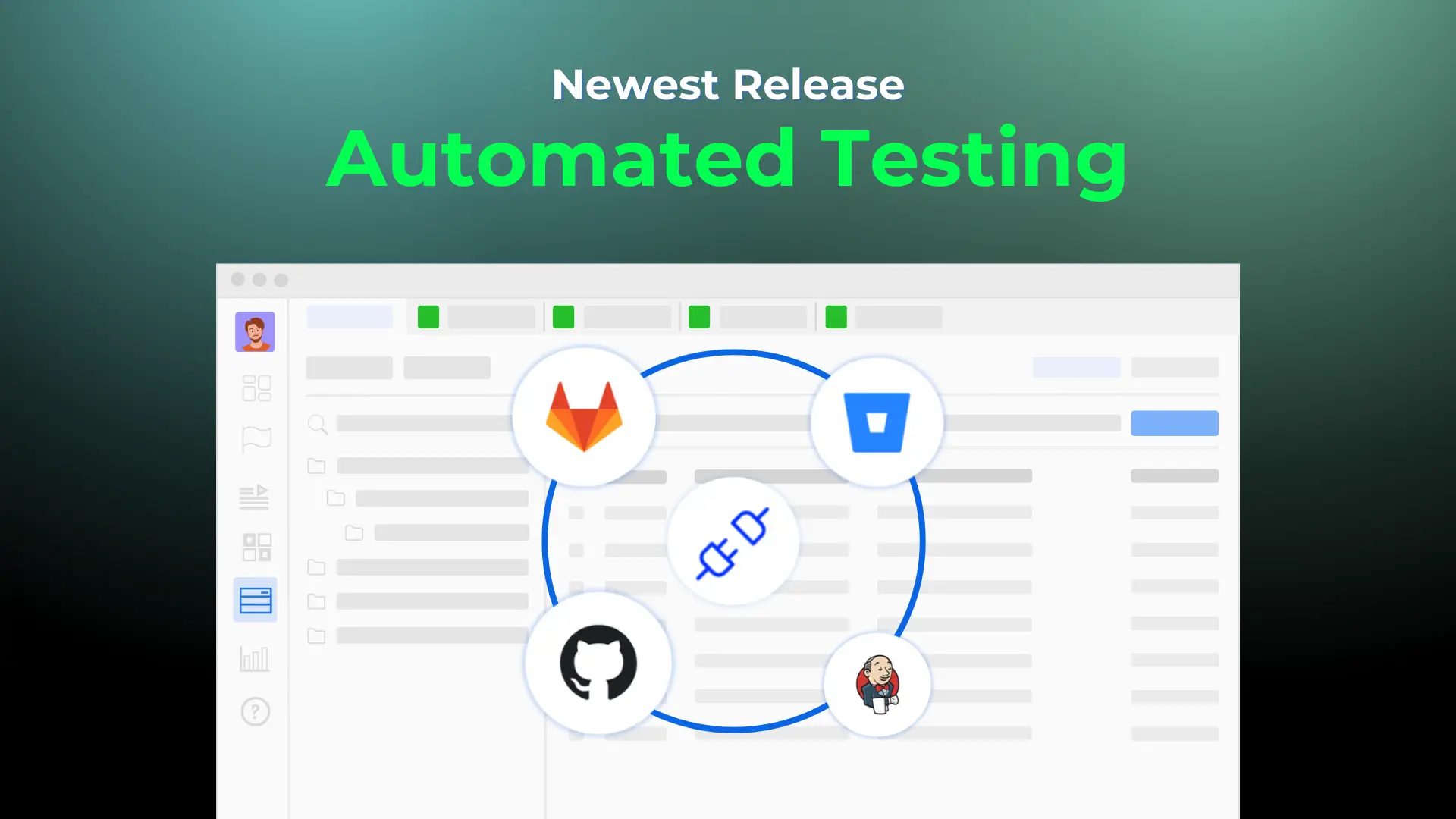In software development, once the applications are created, maintaining their quality is treated with the highest priority. This is where test automation frameworks chip in to make testing easier and save valuable time and resources. Today, let’s find out some of the most popular frameworks you can leverage to make your automated tests stable and efficient.
What are test automation frameworks?
 Test automation frameworks are toolkits for the smooth flow and better process of software testing. In other words, they provide a design, development, and execution structure for test cases.
Test automation frameworks are toolkits for the smooth flow and better process of software testing. In other words, they provide a design, development, and execution structure for test cases.
Here’s a breakdown of what automation frameworks can resolve:
- Structure and Organization: Frameworks establish a foundation for building and managing test cases efficiently. Thus, they often include features like object repositories to store reusable test components and reporting tools to track results.
- Coding Standards and Best Practices: Frameworks enforces coding guidelines in order for test scripts to be consistent and maintainable. This can be useful for a team that has one or more testers.
- Reduced Test Maintenance: By separating test data from test logic, frameworks allow to conduct updates more easily when the application under test changes. This saves time and effort in the long run.
- Integration with Testing Tools: Most testing frameworks would readily integrate with other tools in testing, such as test management systems and continuous integration pipelines. In fact, it allows the testing process to be more inclusive and automated.
Overall, the main goal of the test automation framework is to make the software testing faster, more reliable, and less exposed to human error. Keeping all these benefits in view, it is highly important to have a deep discussion on popular frameworks to see which one suits best and is chosen according to particular projects.
→ Related content: Test Automation and Agile Success
Selenium – The Undisputed King
Selenium is an open-source test automation framework predominantly used in web applications that allows automatic interactions of the web browser on several browsers across platforms. Below are the strengths and limitations of Selenium:
- Strengths:
-
-
- Multi-lingual Mastery: Write tests in your preferred language, including Java, Python, C#, and Ruby.
- Cross-browser Compatibility: Ensure consistent user experience across different browsers.
- Parallel Testing Power: Run tests simultaneously for faster execution.
- Framework Flexibility: Integrates with popular testing frameworks like JUnit and TestNG.
-
- Limitations:
-
- Complexity for Beginners: The initial learning curve can be steeper compared to some frameworks.
- Maintenance Overhead: Requires managing web drivers for different browsers.
Appium – Conquering the Mobile Realm
Appium is an open-source software mobile application automation testing tool. It runs native, hybrid, and web applications on both Android and iOS using WebDriver. Below are the strengths and limitations:
- Strengths:
-
- Cross-platform Prowess: Automate tests on Android and iOS devices.
- Native App Expertise: Effectively test functionalities specific to mobile apps.
- Open-source Advantage: Free to use and backed by a strong community.
- Limitations:
- Doesn’t support older versions of Android: It limits developers from performing tests on a large number of devices, reducing the test coverage.
- Slow in several cases: Due to its architecture complexity, it takes a fair amount of time to start the testing server and communicate between actions.
 Cypress – The Allure of Simplicity
Cypress – The Allure of Simplicity
Cypress is a rising star, known for its ease of use and focus on modern web development practices. Here are its strengths and weaknesses:
- Strengths:
-
- Built-in Features: Includes features like test runner, visual testing, and API testing.
- JavaScript Familiarity: Write tests in familiar JavaScript syntax for web developers.
- Fast Feedback: Provides real-time feedback during test execution.
- Limitations:
-
- Limited Browser Support: Primarily focuses on Chrome and Chromium-based browsers.
- Maturity Matters: Being a relatively newer framework, it may have fewer integrations and community resources compared to some established frameworks.
 Beyond the Big Three: Exploring Other Options
Beyond the Big Three: Exploring Other Options
The world of test automation offers a plethora of frameworks beyond the heavyweights. Here are a few to consider, along with their strengths and limitations:
- Robot Framework:
-
-
- Strengths: Easy to learn, keyword-driven approach suitable for testers with limited coding experience.
- Limitations: Can be less flexible for complex test scenarios.
-
- Playwright:
-
-
- Strengths: Powerful and versatile framework from Microsoft supporting web, mobile, and desktop app testing.
- Limitations: Still under development, with a smaller community compared to established frameworks.
-
- Katalon Studio:
-
- Strengths: Commercial solution offering a comprehensive suite of tools for test automation, including record and playback functionality.
- Limitations: Paid solution with a licensing cost.
Choosing the Right Framework
The ideal test automation framework depends on your specific needs and project requirements. Consider the size of your project, the type of application, and the skill set of your team versus your budget while making this decision. Now that you know what each of these frameworks is capable and not capable of, empower your team to choose the right tool for the job.




